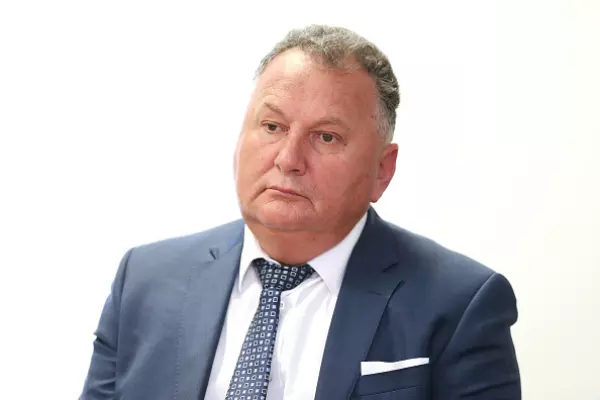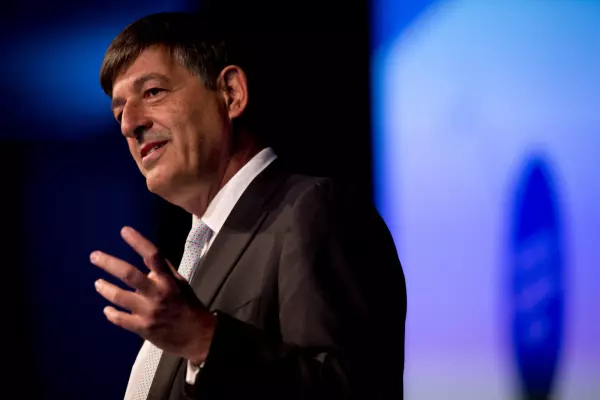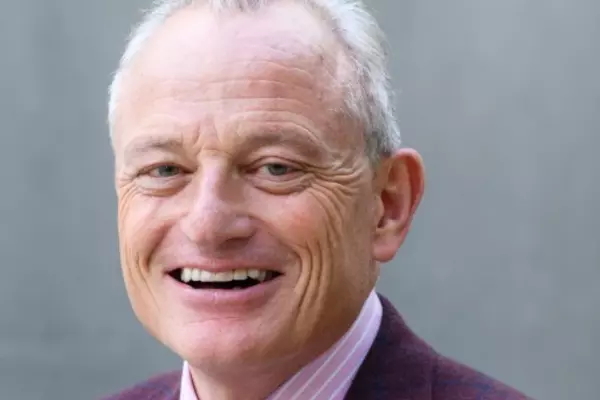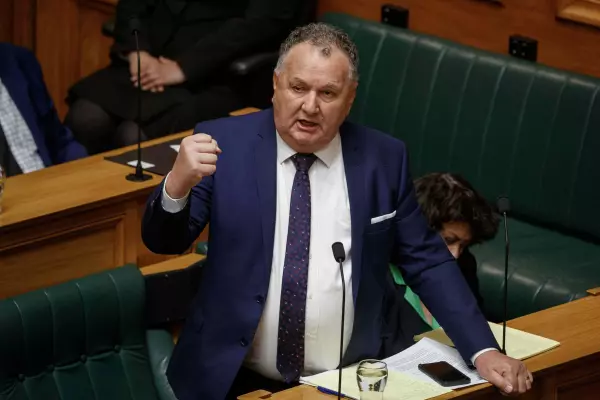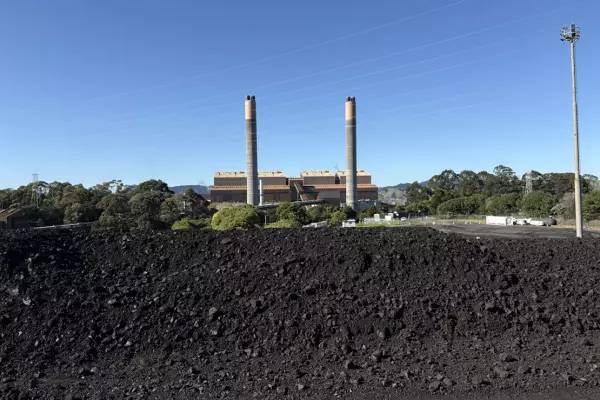New Zealand Future Forest Products has been put into liquidation following more than a year of aggrieved creditors trying to liquidate the David Henry-linked entity.
The wood products firm has been staving off liquidation attempts from riled creditors like Big Fish Creative and AIG Insurance, who have been chasing the company for non-payment issues since April last year.
But that came to a close yesterday after the high court at Auckland appointed accountancy firm Baker Tilly Staples Rodway to liquidate the company, thanks to an application from law firm Russell McVeagh, which is a creditor of NZ Future Forest Products (NZFFP).
Baker Tilly Staples Rodway director Jared Booth told BusinessDesk that the accountancy firm was also overseeing the liquidation of Kinleith Land and Infrastructure Limited, another David Henry-linked entity. Russell McVeagh is also a creditor of Kinleith Land and Infrastructure.
Booth said he wasn’t sure what the commonalities between the two companies were at this stage – other than in relation to the director, David Henry.
The accountancy firm would be using the next 25 days before its first liquidator's report to creditors was released to secure NZFFP’s assets and assess the situation, he said.
'Old news'
NZFFP was first incorporated on March 27, 2019. Controversy first arose around the company after the news later that same year that it had applied for $15 million in funding for a timber operation in Gisborne from the government's $3 billion Provincial Growth Fund.
David Henry told BusinessDesk that NZFFP’s liquidation was “old news” and that the company had been “inactive for years”.
“I approved of the liquidation some time ago,” he said.
“NZFFP was a special purpose vehicle set up to acquire Claymark and complete feasibility on a factory at Marsden Point. The project did not proceed.”
Claymark Group, one of NZ’s biggest manufacturers and exporters of premium pine products, was set to be acquired by NZFFP in August 2019 but ended up being put into receivership by December that year, after the conditional deal dragged on too long.
Russell McVeagh did not respond to requests for comment.






